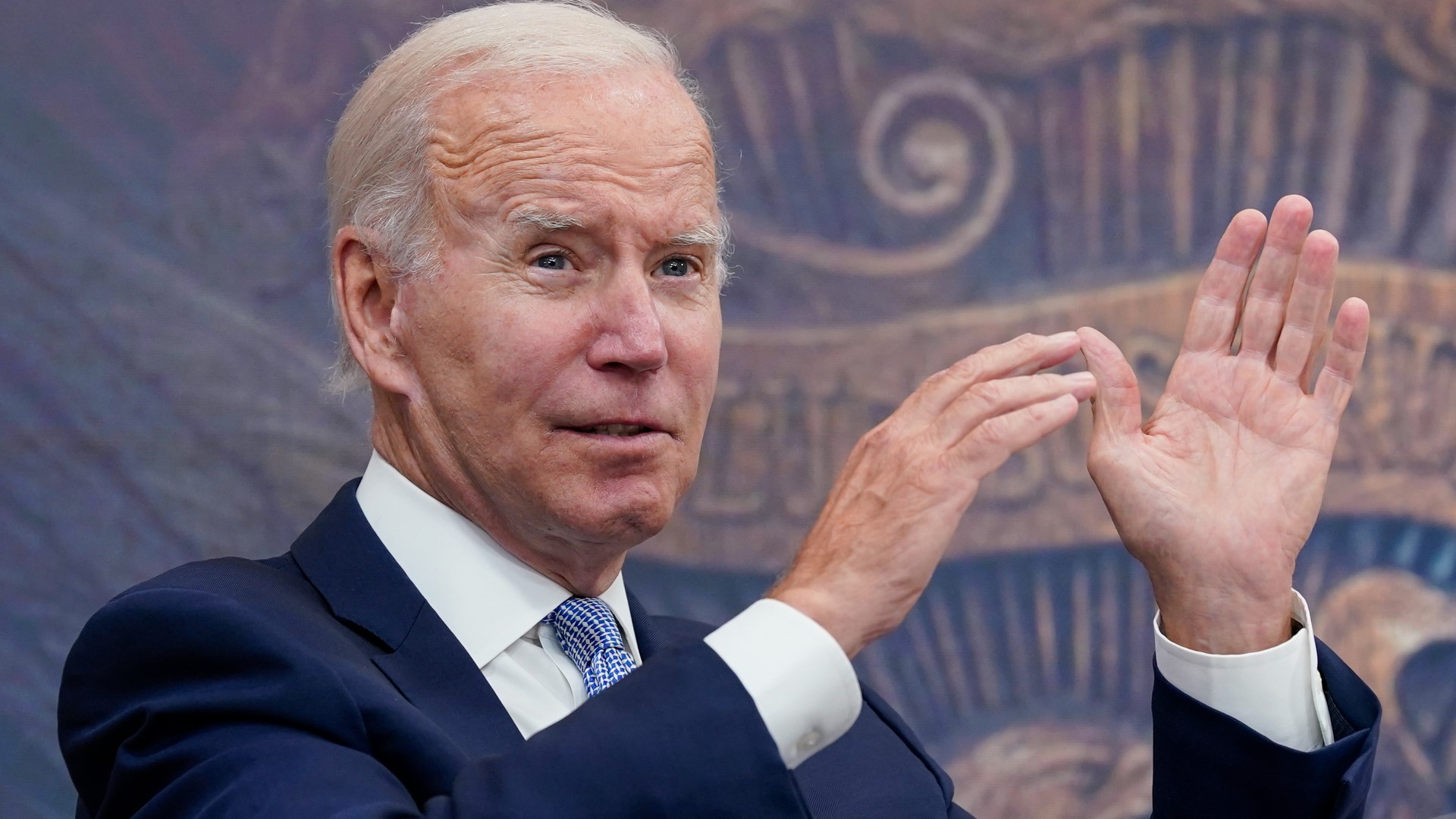BOISE, Idaho — It’s likely that virtually all abortions will be banned eventually in deeply conservative Idaho, along with most other Republican-dominated states, but there are still battles to play out in court and maybe the legislature before it happens.
Wednesday, lawyers representing a physician and the regional Planned Parenthood affiliate will be before the Idaho Supreme Court asking the justices to block enforcement of three laws intended to restrict abortion.
Since the top federal court’s June 24 ruling overturning the 1973 Roe v. Wade decision, the abortion fight has continued to play out in courts, with judges deciding whether bans or other deep restrictions can be enforced.
The landscape has been shifting nearly daily. Bans on abortion at any point in pregnancy are being enforced in eight states and as soon as fetal cardiac activity can be detected – generally around six weeks’ gestation – in another five. And most or all clinics have stopped offering abortion services in a handful of additional states because of legal uncertainty.
Abortion rights groups, which have spent decades in courts trying to preserve access, are continuing the fight even in places such as Idaho, where they’re unlikely to prevail in the long run.
In several cases, judges have paused enforcement of bans, allowing at least some abortions to continue, at least for a time.
In Kentucky, where enforcement of a ban has stopped and started multiple times since June, enforcement was allowed to resume with a ruling Monday.
And in Louisiana, there were about 610 abortions per month in 2021. With the shifting status, 249 were reported from June 24 through July 29. While that’s far fewer than normal in that period, the legal fight did allow some patients access.
In the Idaho cases, Dr. Caitlin Gustafson and Planned Parenthood Great Northwest, Hawaii, Alaska, Indiana, Kentucky are suing the state over over three laws. One expected to take effect on Aug. 19 would bans abortions for pregnancies beyond six weeks of gestation and one that would take effect on Aug. 25 would effectively ban all abortions. A third law allows potential relatives of a fetus or embryo to sue medical providers who perform an abortion.
Though the six-week abortion ban both contain exceptions for procedures done to save the life of the pregnant person or in cases of rape or incest, the exceptions set a very high bar that experts say will be difficult to meet. For instance, people using the rape or incest exception will have to report the crime to law enforcement and then show that report to the abortion provider — but it often takes weeks or months to obtain a copy of a newly filed police report under Idaho’s public record laws.
The total abortion ban would allow health care providers to be charged with a crime even if the abortion is the only way to save their patient’s life — but the health care providers could then try to defend themselves in court with evidence that the procedure was necessary because of an immediate medical emergency.
Gustafson and Planned Parenthood have argued in court documents that the medical emergency exemptions are vague and would be difficult or impossible to implement to provide care to a pregnant person whose life may be at risk. They say that some situations — like where the placenta starts to pull away from the uterine wall, causing risky bleeding, or when a pregnant person’s blood pressure begins to skyrocket — patients do sometimes die or experience long-term harm, but those outcomes aren’t always certain.
The doctor and abortion rights group argue that the law allowing potential relatives of an embryo or fetus to sue abortion providers wrongly takes enforcement of a state law and puts it in the hands of individuals instead of state entities, a violation of the separation of government powers. The law allows the father, grandparents, siblings, aunts and uncles of a “preborn child” to each sue an abortion provider for a minimum of $20,000 in damages within four years after the abortion. Rapists can’t file a lawsuit under the law, but a rapist’s relatives could.
The Idaho Legislature and the Idaho Attorney General’s Office have countered that it is in the state’s best interest to prohibit abortion and that the Legislature has the right to enact anti-abortion legislation. Idaho Attorney General Lawrence Wasden’s office has also argued that abortion rights advocates should take their fight to the ballot box, not the courts.
And the Idaho GOP during its annual convention last month passed a resolution opposing abortion in all instances — even if it is done to save the life of the mother.
Still, abortion rights advocates have become galvanized in the wake of the U.S. Supreme Court’s ruling.
Kansas voters on Tuesday rejected a ballot measure that would have allowed the Republican-controlled Legislature to tighten restrictions or ban the procedure outright in the conservative state with deep ties to the anti-abortion movement.
Abortion rights protests have garnered big crowds in Boise, with anti-abortion rallies frequently held nearby. One abortion rights protest was scheduled to be held at the Statehouse on Wednesday evening, starting several hours after the state’s highest court finishes hearing arguments in the Planned Parenthood cases.
The Boise City Council last month passed a resolution that limits the funding for investigating abortions and stating that investigations for the purpose of prosecuting abortion providers will not be prioritized.
___
AP writers Sara Cline in Baton Rouge, Louisiana, and Geoff Mulvihill in Cherry Hill, New Jersey, contributed to this article.

